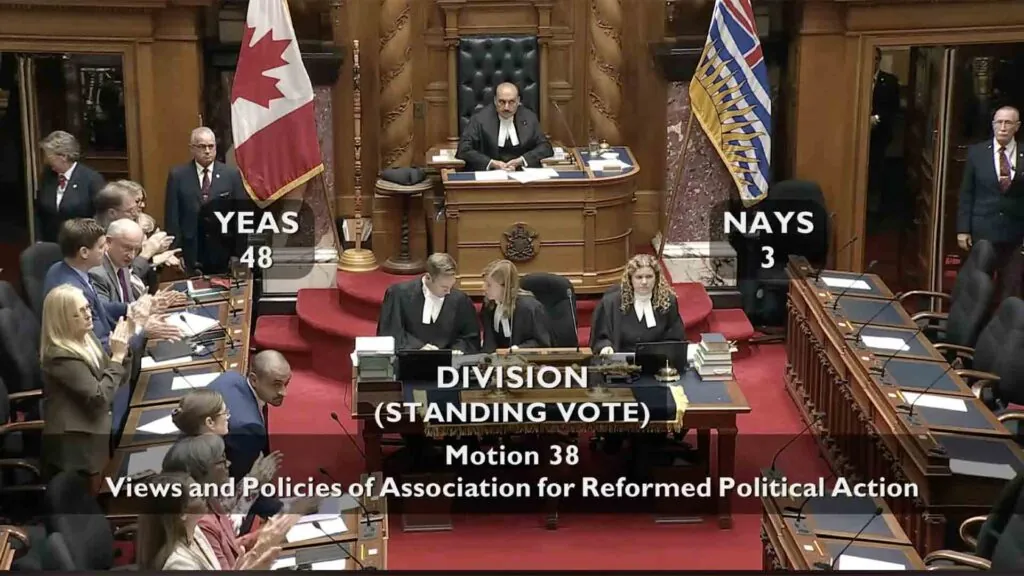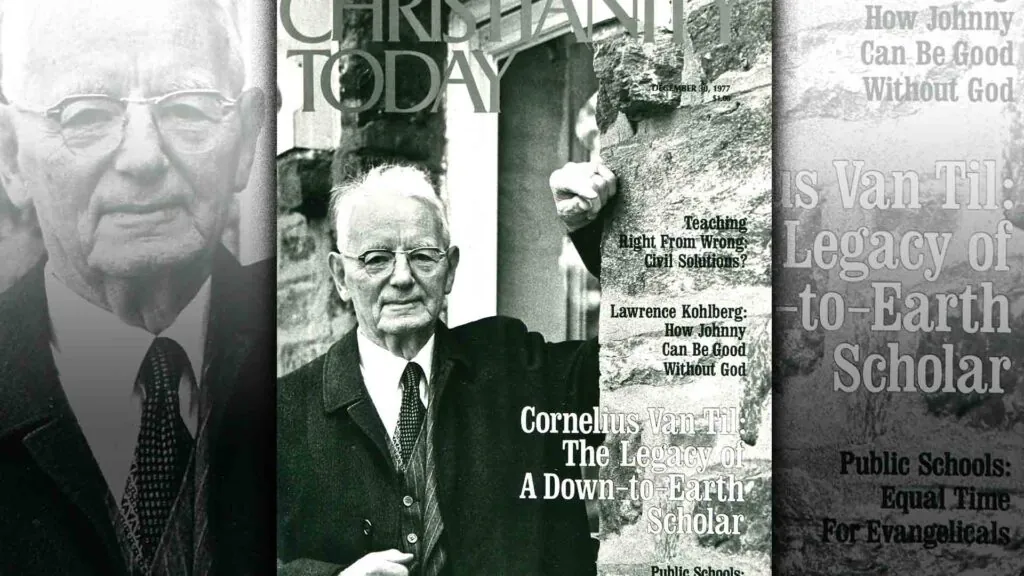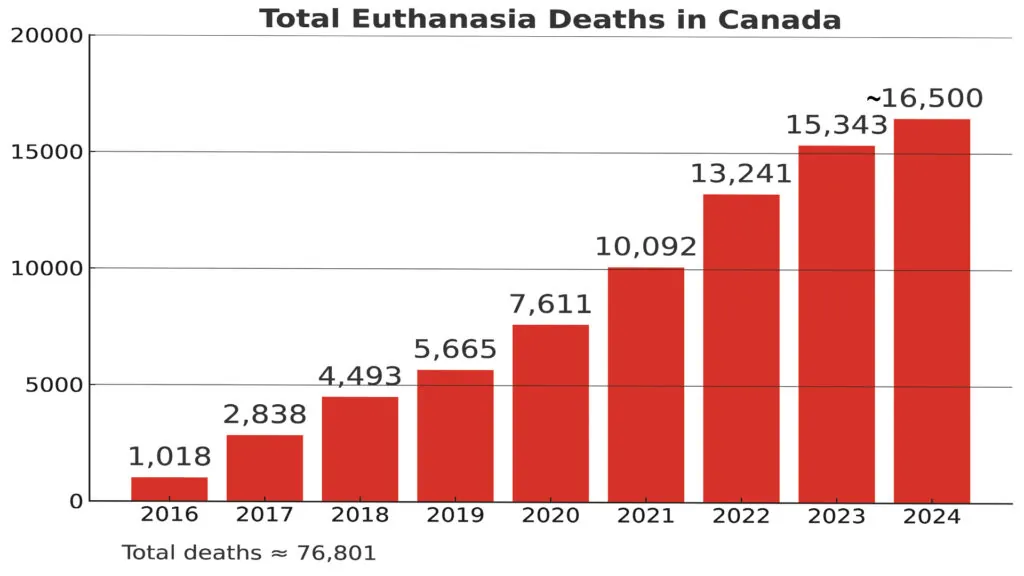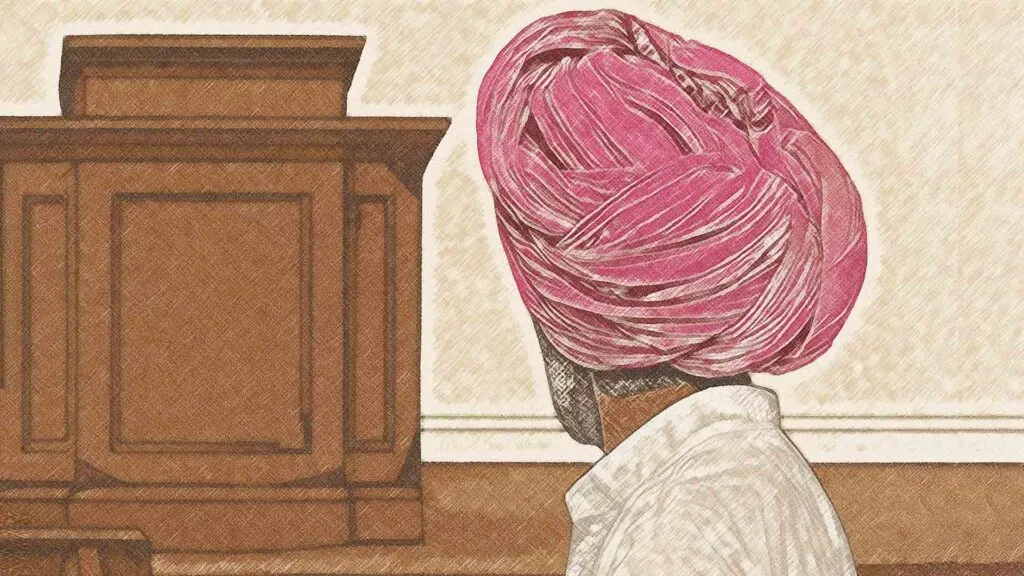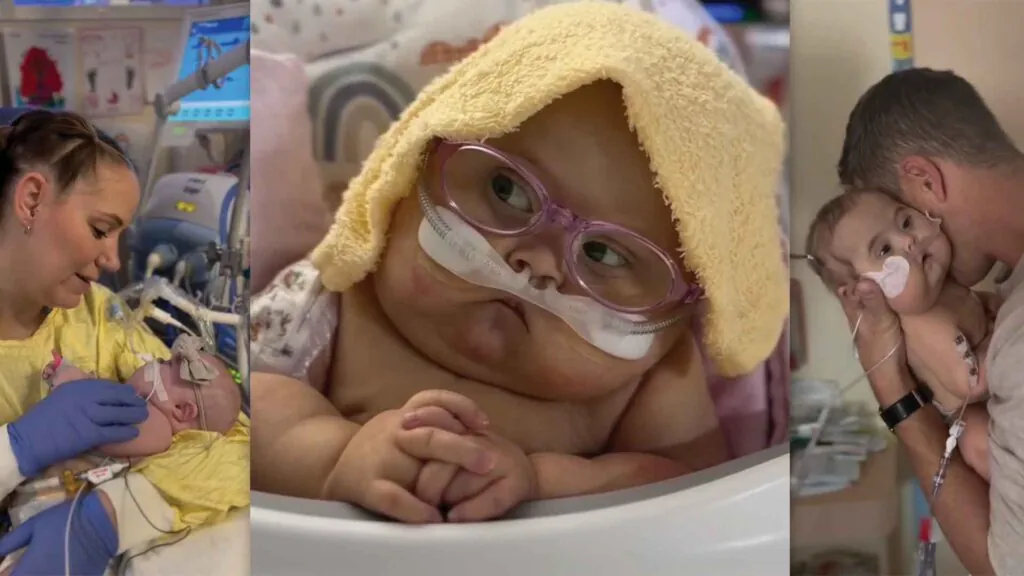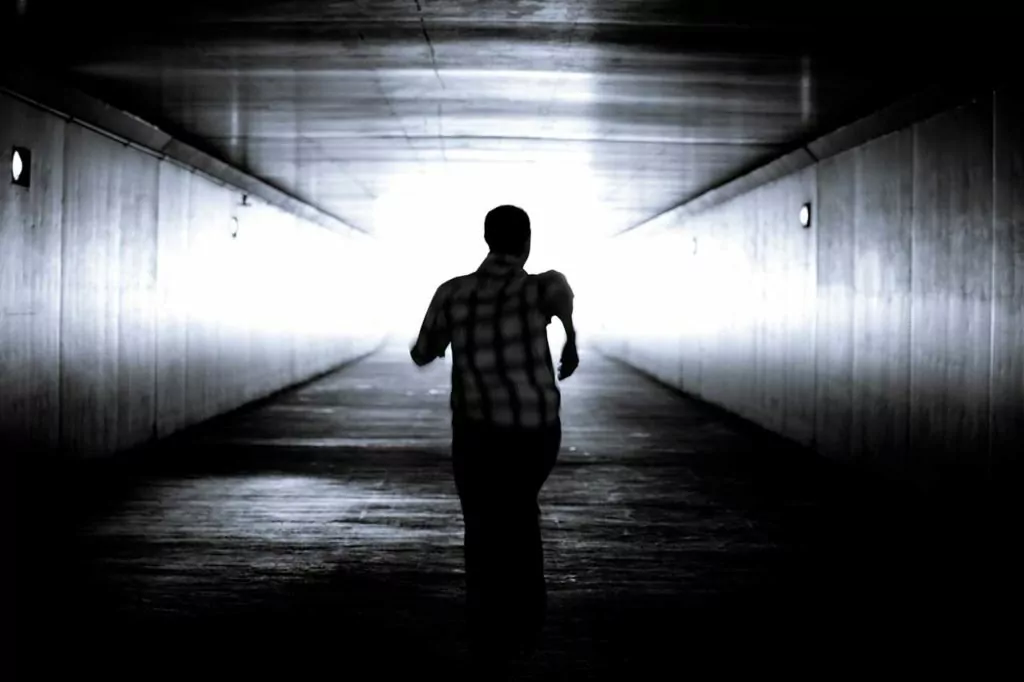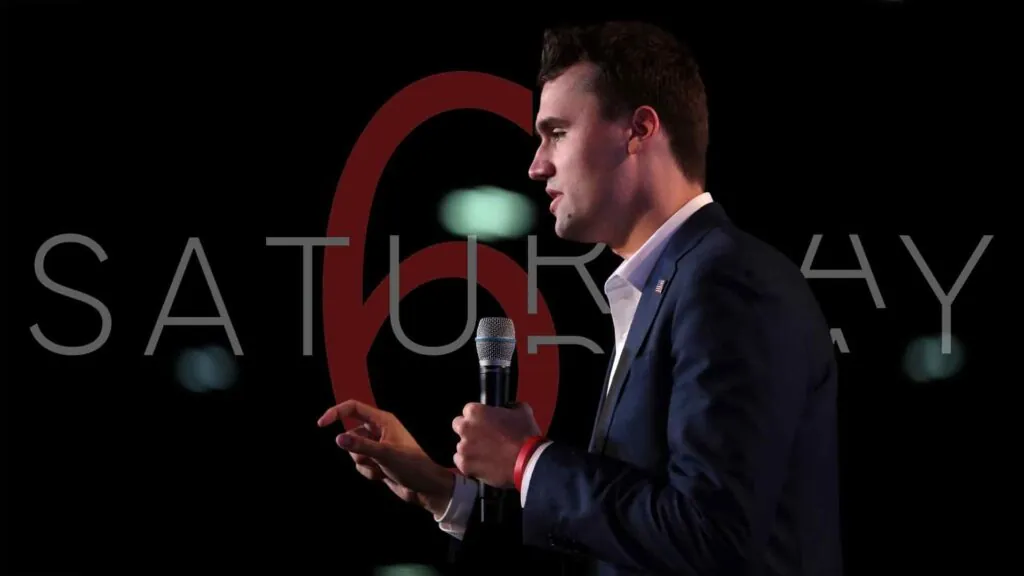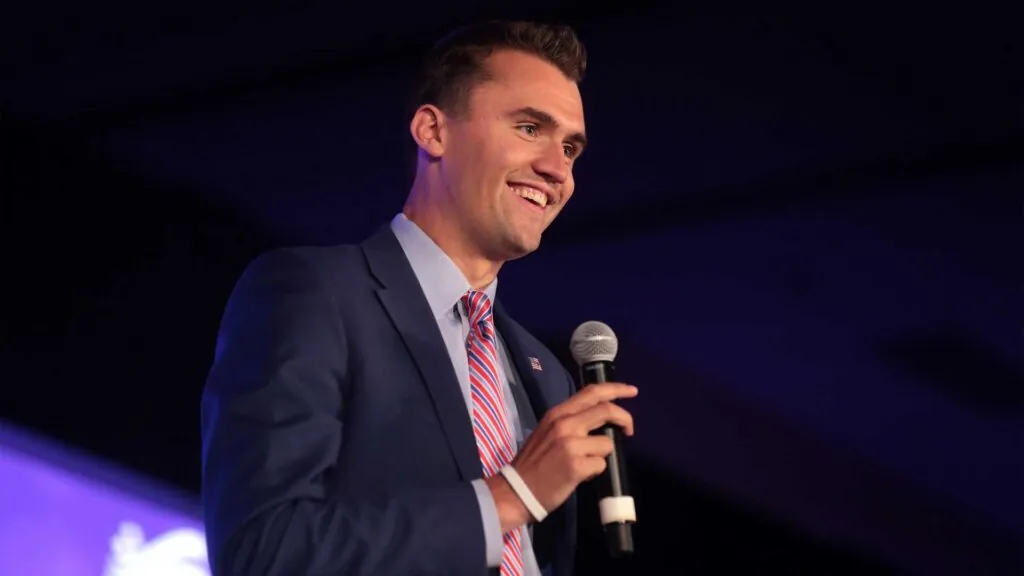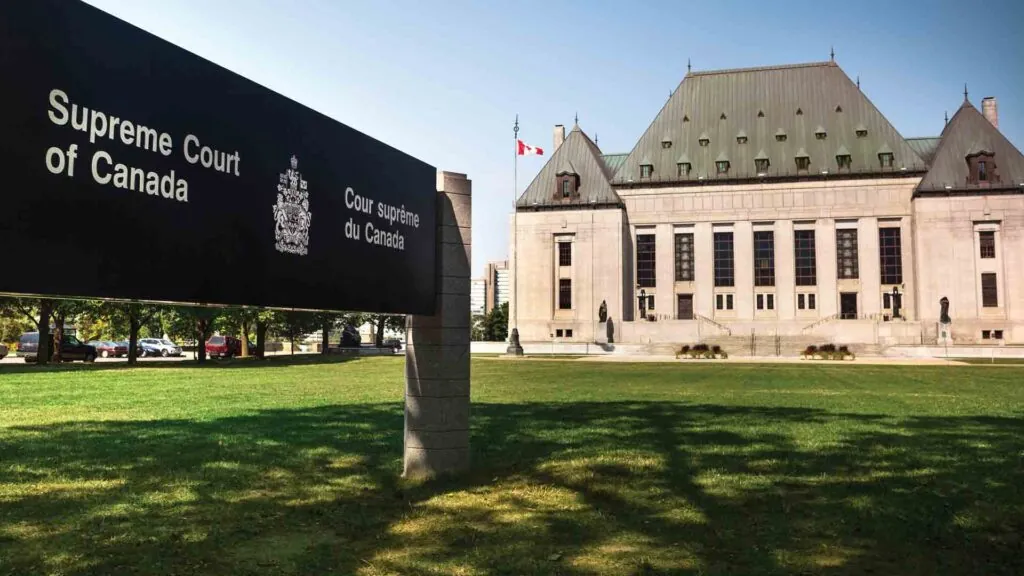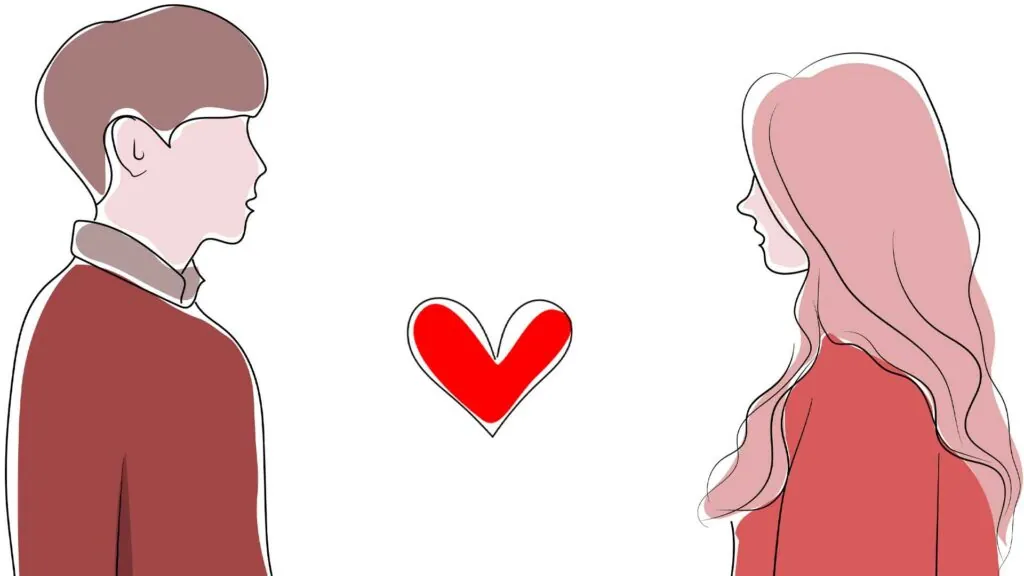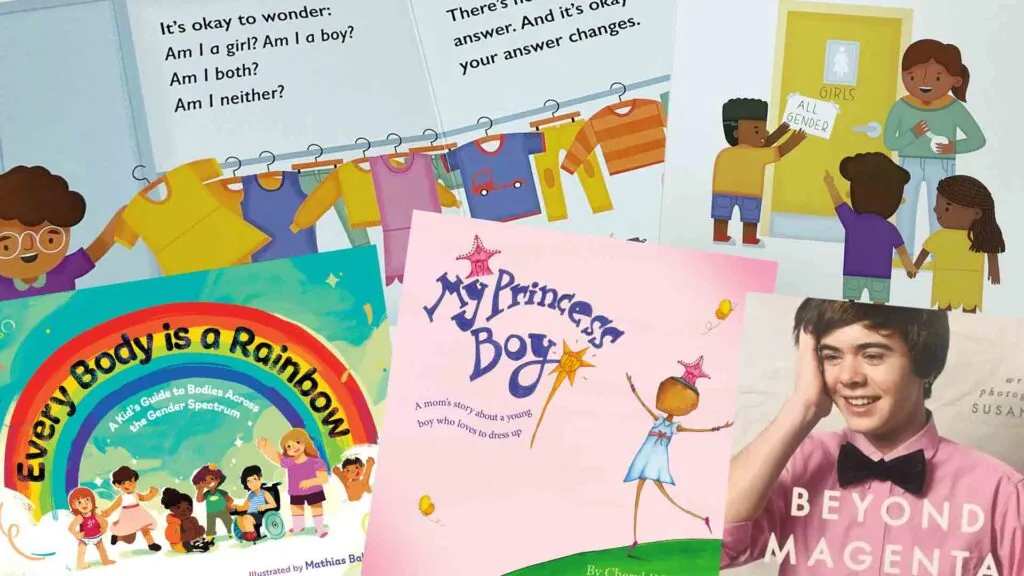
Assorted
Why Charlie Kirk’s death hit so hard
For a time, in September, my Facebook feed – I’m sure yours too – was full of tributes to Charlie Kirk. At this point, I don’t need to tell you that Kirk was big. He was the founder of Turning Point USA, an organization maybe best known for setting up tables at university campuses across the USA, with Kirk, and sometimes his friends too, willing to debate anyone who would take the mic. Some give Kirk credit for Trump’s win in 2024, because of the way Turning Point was so effective in its outreach to young voters.
I felt a weight when I heard about his assassination. And the weight increased as I processed. Maybe that’s how you felt too.
If you track the news, it’s been a heavy year. Overdoses. Transgenderism. Abortion. Stabbings. Euthanasia. Shootings. Never mind the economy. Now this.
But why is this hitting so hard? I only watched Kirk’s videos occasionally. Why am I mourning someone who had so little impact on my day-to-day life? Of course, you have to feel sad for his loved ones – but it’s not that kind of grief. Assassinations are jarring, by nature. Not that I’ve lived through too many.
But this is different.
Charlie Kirk’s murder crystallized the hatred that I’ve been seeing directed towards Christian ideas and towards prolife activists. The hatred that activist Christians have felt directed our way through the condescension and the shouts, now manifested through murder. Across America, and Canada too, thousands celebrated. Mocked. Laughed. Who watches a man die, and laughs? That scares me. The apostle John equated hatred with murder (1 John 3:15), and I’ve never felt how close that link is until now.
In her video commemorating Charlie, Christian commentator Allie Beth Stuckey put it, “We’re bringing words. They’re bringing weapons.”
Ultimately, Charlie Kirk was murdered for views that I hold. Probably not all of them, but the fundamentals. Many of those views are non-negotiable Christian convictions that you and I and all God’s people hold. Christianity wasn’t a part of Kirk’s message: it was the driving force behind it.
The gap and the bridge
For a while, it’s been pretty clear that Christianity stands at odds with secular beliefs.
Now, two seemingly contradictory things come to mind:
1. It’s not an “us” versus “them”
We can’t just write off everyone on the other side. Christ came and died for us while we were still His enemies (Romans 5:8-10), and if not for Him, we would be enemies still. So, if God can do that for us, what might He be working in those folks over there? So we need to talk.
As Charlie put it:
“When people stop talking, really bad stuff starts. When marriages stop talking, divorce happens. When churches , they fall apart. When civilization stops talking, civil war ensues. When you stop having a human connection with someone you disagree with, it becomes a lot easier to want to commit violence against that group.”
The Christian response is to treat everyone with dignity (Matt. 7:12), and pray for anyone who hates us (Matt. 5:43-44).
2. There are two sides
We can’t be confused about how there are two sides (Josh. 5:13-14): God’s side, and everyone else’s. As God’s people we are, and are called to be, fundamentally different. To me, the spiritual battle was brought to light by this assassin’s physical act.
Are these two conflicting views? No. These both make sense when we recognize what we share with our enemies: we’re all made in the image of God (Gen. 9:6), and we’re all in desperate need of a Savior. We can look across the divide in humility knowing there but for the grace of God, go I.
Social media makes both sides think, “Duh!?”
The algorithms selecting what’ll show up in our social media feeds only sharpen the division, making it difficult to actually have compassion for others. Everyone wonders:
How can anybody support ____? It’s just so obviously wrong!
Then we all click on what we want to see, and afterwards the algorithm feeds us more and more of the same.
My liberal friend commented, “He shouldn’t have been killed. But he said the gun deaths are worth it, so it just feels ironic.”
Worth it. Worth what? Did he really say that? What did he mean? But the internet clip stops right there. “Hah,” laughs an anti-gun activist. The assumption is that had Charlie known he would be killed by a gunman, then his tune would’ve changed. I disagree, largely because I got to see what else Charlie said.
Another thing Kirk said was: “I don’t believe in empathy,” and since his murder that quote has been pasted across the Internet. “How heartless can you be?” thinks the social studies student. Missed is the next phrase that isn’t included: “I prefer sympathy.” And Kirk went on from there to explain why.
One student asked him, “If your ten-year-old daughter was raped, would you want her to have the baby?” Kirk answered: “Yes.” Some stop listening at “yes.” Those who listen longer hear a compassionate “why.”
Explanations on immigration and marriage aren’t heard, but clips “proving” xenophobia, transphobia, and homophobia dominate YouTube. Charity is dead. Assumptions of good intent are gone, and undiscerning scrolling forms a worldview. Those who hear only what they want call him a hateful, dangerous fascist. When that’s your belief, then all redeeming qualities fail. They’re not redeeming qualities at all – they’re manipulation tactics.
And assassinating a fascist is a heroic act.
One spray-painted billboard read: “Death to all Charlie Kirks.”
That’s enough Internet for me today.
Can we get back to normal life?
It’s tempting to dismiss this as a one-time event. A crazy person shot a MAGA activist. We’re not American. Most people aren’t crazy. Right?
Maybe we could start to be discerning again. More neutral. The words “He had it coming,” will always be wrong. But we might reflect, “Should he really have linked his Christianity so closely with partisan politics?” or “He was unnecessarily controversial… if he just spoke the Gospel, this wouldn’t have happened.”
Not quite victim blaming, but maybe we should adjust the halo a bit? Should we really call him a martyr?
If he is one – if that’s what we were to conclude – we’d also have to conclude that Christianity itself is hated, not just some Christians who don’t put a good face to it. Then it’s not just about Charlie; you and I are hated. And I think the 100+ church burnings across Canada in the last 5 years bear witness to Who is really hated.
So no, this wasn’t a matter of tone. We don’t look at prophets in the Old Testament, and suggest perhaps their tone was off. Sorry, Jeremiah. You were a bit harsh there - a little too blunt on that one!
Watch any of his videos – in whole – and listen to those who knew him; Charlie Kirk was incredibly patient and well-versed. He was grounded in the Gospel, in both public and personal life. Many young people attribute their own shift to conservatism to Charlie Kirk, and many are now opening their Bibles for the first time while navigating the loss.
Charlie Kirk was targeted because he was effective.
The turning point
I’m not the first to say this – it’s ringing all over the Internet: in the bullet, hate took a physical form.
And this is how Charlie’s wife responded: “You have no idea what you have just unleashed across this world and across this entire nation.” Erika Kirk is right, God has so used this that in Charlie’s death his voice has been amplified. His videos are being watched even more. And I’m excited for all the new voices who have been emboldened to speak. Christian voices.
As I’m writing this, a lot has already been said. An insane amount of commentary. But the hate felt personal, so I wrote too.
I’ve done outreach – speaking up for the unborn – some of it on university campuses. My life hasn’t been in danger, but the hate’s been the same. The people in Kirk’s videos are the same sort that pro-life activists talk to every day on the streets. Like Charlie Kirk, I enjoy talking to someone who radically disagrees with me; I get to show my own humanity, and I get to tear down the image of heartless, ignorant pro-life monsters that they’ve crafted about us in their minds.
Conclusion
Charlie’s assassination brought it home: they hate us – they really hate us. And there are so many of them.
I wrote a poem a few years ago, while struggling with the weight of others’ opinions of me. I find it a good measure for checking my own heart and actions. Am I doing something wrong, or am I just scared of being ridiculed? Am I hesitant to speak because I think it’s prudent, or because I fear the opinions of others?
Strive, at the end of the day
When fingers are pointed my way,
To have no fault but Thine.
Let them hate my faithfulness, I say.
Your laws, they laugh at.
Your love, they despise.
I pray, they find those in me,
And be not me, they criticize.
You and I both know we’ll do it imperfectly. But that’s not the calling. We don’t have to worry about perfection – Jesus has accomplished that for us. The outcome of evangelism isn’t on us either.
But obedience is. May God grant us the courage to speak out boldly and patiently to a world that so desperately needs to hear His Good News.
Picture is adapted from one by Gage Skidmore and used under a CC BY-SA 2.0 license.







